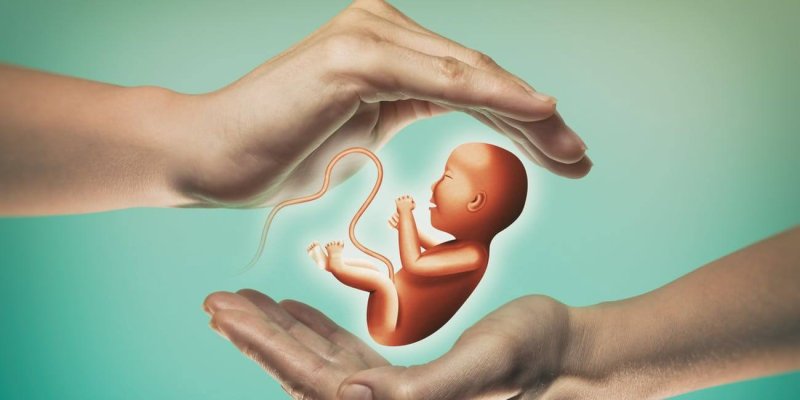Mankind has been manipulating genetics since early civilizations realized that certain traits of crops, animals and humans themselves were hereditary. The modern-day mapping of all human genes raised the prospects of learning precisely which genes control which traits and then directly altering their DNA codes. After years of hit-and-miss efforts, a gene-editing system called Crispr that’s cheap, effective and easy to use promises to change our relationship with genetics — for better, worse or both. Its champions foresee using Crispr to control pests, increase food production and eliminate human diseases. They simultaneously worry that its use could unleash dangerous mutants, designer babies and new weapons of mass destruction.
By improving so-called gene drives, experimental systems that increase the chance a certain gene is inherited, Crispr might one day, for instance, ensure that mosquitos can no longer host the Zika virus. Yet theoretically, the modifications could also allow the bugs to spread a more harmful pathogen. Germline editing raises similar issues. Potentially, a genetic disease could be eliminated from a family forever. But if something goes wrong, the consequences are potentially eternal, too, affecting future generations who would not have given their consent to the intervention.































